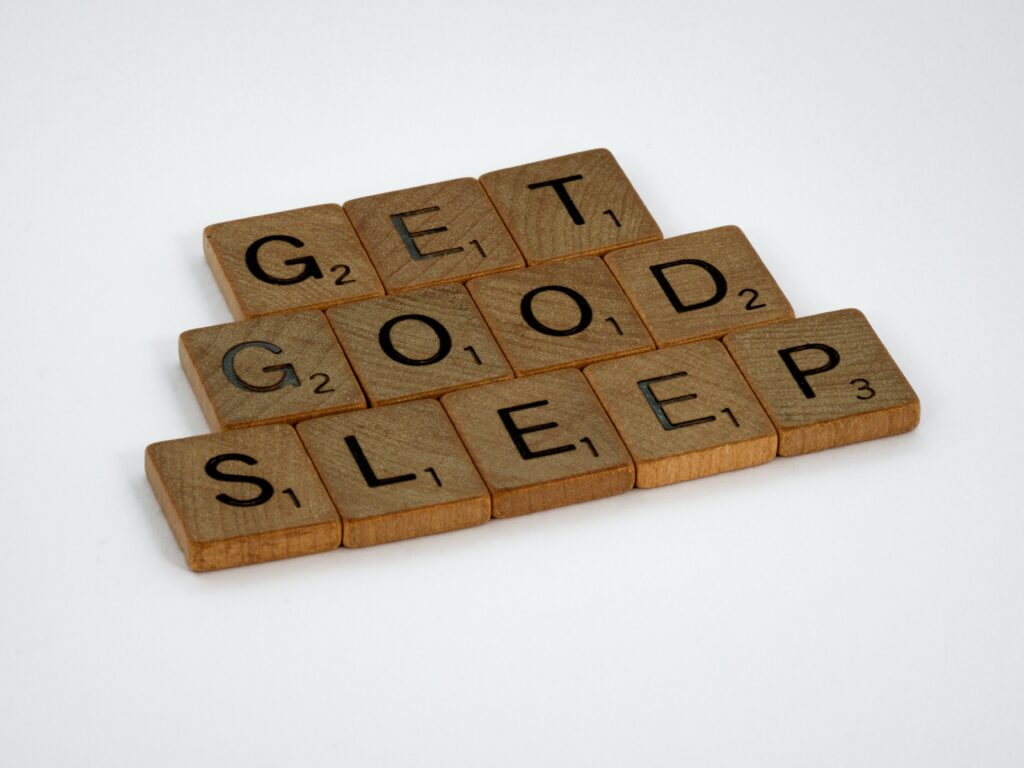Processed Foods: The dangers of it and 4 Ways to Make Healthier Choices
In today’s fast-paced world, processed foods have become a convenient option for many. However, their popularity comes at a cost – the potential harm they can cause to our health. Processed foods are often loaded with unhealthy additives, preservatives, and excessive amounts of salt, sugar, and unhealthy fats. Consuming these foods regularly can lead to a wide range of health problems, including obesity, heart disease, and diabetes. The good news is that by making a few simple changes to our eating habits, we can make healthier choices and safeguard our well-being.
What are processed foods?
There are two different types of processed foods. Mechanically processed foods- such as cooked food – is not the unhealthy foods we are talking about. Examples of mechanically processed foods are ground beef and steamed vegetables. These foods have been “processed’ because they have been cooked.
Chemically processed foods are the ones we are concerned with. They have chemically been altered by the addition of sweeteners, flavoring agents, and colors. Examples of these are:
- Candy
- Baked goods – like Little Debbies and frozen pizza
- Packaged breads and cereals
- Crackers and chips
- Sausage and chicken nuggets – any meat that has been reconstituted
- Sodas or other sweet drinks
- Fast food
Chemically processed foods are severely lacking in nutrients, high in sugar (which makes them addictive), and are very quick calories. Meaning, it doesn’t take much to chew it up and eat it. This allows you to consume a large amount of calories very quickly.
What are the health risks of processed food?
Processed food may not seem dangerous, but it kills more people each year than cigarette smoking. A new study states that 71% of Americans are obese- that’s about 100 million people. This same study shows that continually consuming excess calories can shorten your lifespan. When your body has to carry excess weight, it ages much more quickly and is at a higher risk of disease and illness.
The reason processed foods are so dangerous is because of the amount eaten. They are filled with sodium, sugar and saturated fat. At high amounts, these substances are detrimental. Because processed foods are so easy and quick to eat, regulating portions is very hard. If your diet is made up of over 50% of processed foods, you’re putting your health at major risk of heart disease, high cholesterol, high blood pressure, and type 2 diabetes.
 Here are 4 ways to lower your processed food intake and make healthier choices:
Here are 4 ways to lower your processed food intake and make healthier choices:
It doesn’t have to be as drastic as you think. A small caloric deficit of 50-100 calories a day (not enough to really notice!) can help you maintain your weight and lower your risk of obesity-related disease.
1. Read Labels and Choose Whole Foods.
When grocery shopping, taking the time to read labels is crucial. Processed foods often contain a long list of unfamiliar ingredients, many of which can have negative effects on our health. Look for foods with short ingredient lists that contain recognizable, whole-food ingredients. Opt for fresh fruits, vegetables, whole grains, lean meats, and legumes. These unprocessed foods are rich in vitamins, minerals, fiber, and other essential nutrients, making them excellent choices for a balanced diet.
2. Limit Added Sugars and Artificial Sweeteners.
One of the main culprits in processed foods is added sugars. These sugars not only contribute to weight gain but also increase the risk of developing chronic diseases. They hide in various forms, such as high-fructose corn syrup, sucrose, and brown rice syrup. Be vigilant when purchasing packaged foods like cereals, snacks, and beverages, as they often contain significant amounts of added sugars. Instead, satisfy your sweet tooth with natural sugars found in fruits or opt for products with no added sugars. Be cautious with artificial sweeteners, as they may have their own set of health concerns. Moderation is key in everything.
3. Reduce Sodium Intake.
Processed foods tend to be high in sodium, which can lead to elevated blood pressure and an increased risk of heart disease. Canned soups, frozen meals, and snack foods are common culprits. To make healthier choices, opt for low-sodium or no-salt-added versions of these products. Whenever possible, prepare meals at home using fresh ingredients, herbs, and spices for flavor instead of relying on processed seasonings or sauces. By gradually reducing your sodium intake, you can protect your cardiovascular health and improve your overall well-being. Drinking a lot of water throughout the day can also help you offset high sodium levels. A good goal to aim for is half your body weight in ounces.
4. Prepare Meals at Home and Plan Ahead.
Cooking meals at home gives you control over the ingredients you use and allows you to make healthier choices. When you eat out or order takeout, you have limited control over the quality and nutritional value of the food. By planning your meals ahead of time and preparing them at home, you can ensure that your meals are balanced, nutritious, and free from unhealthy additives. Cooking at home can be a fun and creative experience, allowing you to experiment with different flavors and ingredients.
The dangers of processed foods are real, but by implementing a few key strategies, we can make healthier choices and protect our well-being. Reading labels, choosing whole foods, limiting added sugars, reducing sodium intake, and preparing meals at home are all effective ways to improve our diet. Remember, small changes can significantly impact our health in the long run. By prioritizing whole, unprocessed foods and making conscious decisions about what we consume, we can take control of our health and enjoy a vibrant, energetic life.
If you want more guidance on nutrition and what you need to do to manage your health, email Jalpa to set up a consultation!
Jalpa is a registered dietitian and nutritionist with a Master’s degree in Health & Nutrition from Brooklyn College, CUNY in New York. She also holds a Certificate of Training in Adult Weight Management through the Academy of Nutrition & Dietetics, CDR.
Related Articles:









 Protein transports nutrients throughout the body, regulates fluid balance, and carries enzymes that are essential for bodily functions such as digestion and blood clotting. Important, right?! A huge role protein has is acting as a messenger for hormone function. Protein amino acids tell the body when to uptake sugar into the cell (insulin), and when to build more tissue, including bone (human growth hormone).
Protein transports nutrients throughout the body, regulates fluid balance, and carries enzymes that are essential for bodily functions such as digestion and blood clotting. Important, right?! A huge role protein has is acting as a messenger for hormone function. Protein amino acids tell the body when to uptake sugar into the cell (insulin), and when to build more tissue, including bone (human growth hormone).  Carbohydrates often get a bad rap for making people gain weight. But that is only true if they are overconsumed. If you are an athlete or have a very active job such as a nurse or construction worker, carbs will fuel the energy you need to perform well. Focus on high fiber, unprocessed carbs for the best results.
Carbohydrates often get a bad rap for making people gain weight. But that is only true if they are overconsumed. If you are an athlete or have a very active job such as a nurse or construction worker, carbs will fuel the energy you need to perform well. Focus on high fiber, unprocessed carbs for the best results. 

 Sleep is something that we can all easily set aside for more “important” things. The famous saying, “I can sleep when I’m dead” is a good example of how little we value sleep. Whether you’re a mom of littles or a successful entrepreneur, we stay busy! We run on fumes and caffeine to get things done. It’s almost a badge of honor to push through, stay busy, and work more than sleep. However, we are sacrificing sleep to the detriment of our health and wellness. Let’s learn about the importance of sleep in this blog.
Sleep is something that we can all easily set aside for more “important” things. The famous saying, “I can sleep when I’m dead” is a good example of how little we value sleep. Whether you’re a mom of littles or a successful entrepreneur, we stay busy! We run on fumes and caffeine to get things done. It’s almost a badge of honor to push through, stay busy, and work more than sleep. However, we are sacrificing sleep to the detriment of our health and wellness. Let’s learn about the importance of sleep in this blog.



 Examples of some easy swaps:
Examples of some easy swaps:  When you do drink the water you need, the body can run much more efficiently. Motivation will be up, and you’ll want to put in the work to be healthy. Something as simple as getting your water in can keep you on the right path to a healthy lifestyle. A great goal to start with is half your body weight in ounces.
When you do drink the water you need, the body can run much more efficiently. Motivation will be up, and you’ll want to put in the work to be healthy. Something as simple as getting your water in can keep you on the right path to a healthy lifestyle. A great goal to start with is half your body weight in ounces. 


